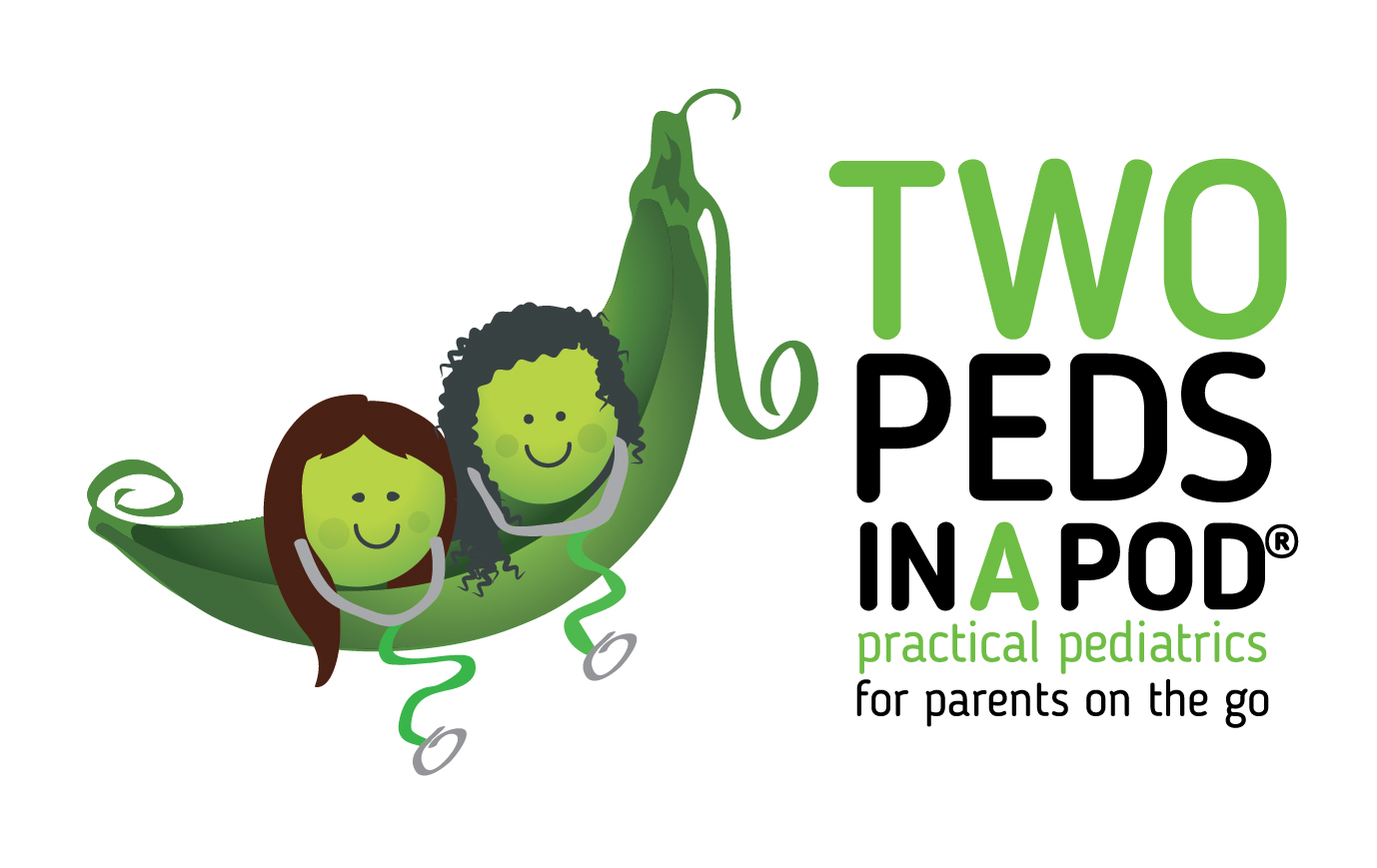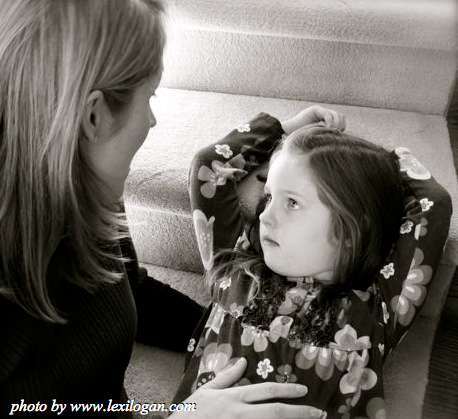This is not the first time we have published this post. Again, a school shooting happened, and you may be wondering how to explain this tragedy to your children.
Understand that your kids sense your emotions. Not telling them about an event may make them concerned that they are the cause for your worried hushed conversations. Break away from your discussion with adults to say, “Do you know what we are talking about? We are not talking about you.”
While difficult, it is possible to talk about a school shooting with your child in an age-appropriate manner.
Even though an event may be far away, media makes it seem as if it happened next door, and sooner or later your children will see or hear about it. Tell the facts in a straight forward, age appropriate manner. Answer questions and don’t be afraid to answer with an “I don’t know.”
Preschoolers are concrete in their thinking—dragons are real and live under their bed, so don’t put any there that do not exist. For a preschooler a simple “Mom is sad because a lot of people got hurt,” will suffice. Young school-aged kids will want to know more details. And be prepared to grapple with more high level questions from teens.
Look for the helpers.
Mr. Fred Rogers, who hosted Mister Roger’s Neighborhood for 30 years, tells this story about seeing scary things on the news: “My mother would say to me, ‘Look for the helpers. You will always find people who are helping.’ To this day, especially in times of ‘disaster,’ I remember my mother’s words, and I am always comforted by realizing that there are still so many helpers-so many caring people in this world.”
What if the kids ask, “Will that happen here?” or “Why did that happen?” Again, reassure in a simple, straight-forward manner. For instance, you can say, “Many people are working hard to prevent something like that here.” Consider answering the question with a question. Asking “What do you think?” will give you an idea of exactly what your child fears. You can also reach out to other family supports for help with answers. Say to your child, ”I wonder what our minister or school counselor has to say about this, let’s ask.”
More ways to help your children
Routine is reassuring to children, so turn off the background 24 hour television and internet coverage and make dinner, take them to sports activities, and get the homework done.
Give your kids something tangible to do to be helpful. Help them set up a coin donation jar at school or put aside part of their allowance for a donation.
Some children become overly anxious and fearful. If your child’s worries interfere with her ability to conduct her daily activities, such as performing at school, sleeping, eating, and maintaining strong relationships with family and friends, then seek professional help.
Parent your children so they feel secure in themselves and secure in the world around them. You may not hold the answers to why a tragedy strikes, but you do hold the ability to comfort and reassure your children.
For more advice on this difficult topic, please see this American Academy of Pediatrics recommendation for parents.
Naline Lai, MD and Julie Kardos, MD
©2024 Two Peds in a Pod®, adapted from our 2018 post




